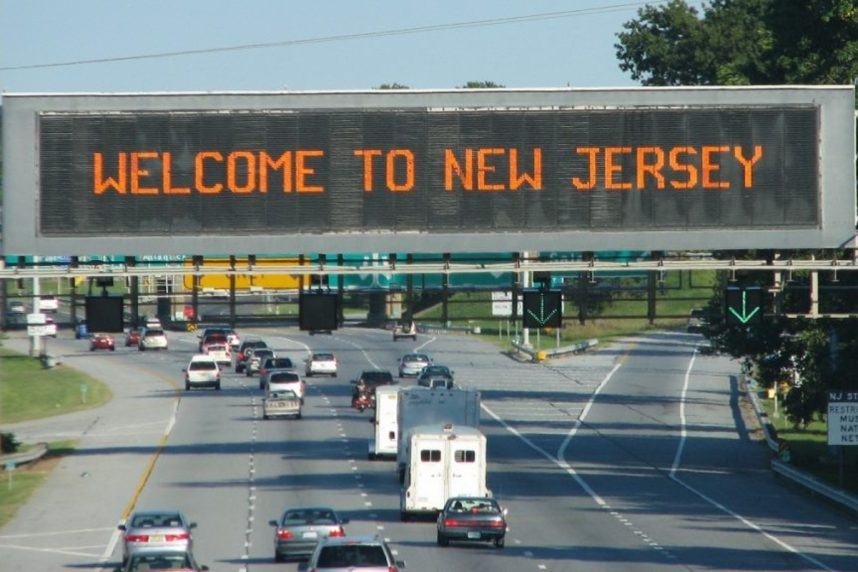Posted on: June 3, 2024, 04:45h.
Last updated on: June 3, 2024, 04:45h.
Some form of sports betting, be it online, retail, or both, is live and legal in 38 states and Washington, DC, but broader legalization since the 2018 Supreme Court ruling on the Professional and Amateur Sports Protection Act (PASPA) isn’t serving the desired effect of eliminating black market betting in some states.

Fresh data from the Campaign for Fairer Gambling (CFG) indicate that New Jersey and New York — two of the largest states in terms of regulated sports wagering handle — remain hotbeds of illegal iGaming and sports betting activity. In a new report published by Yield Sec, CFG noted that $40.92 billion in wagers were placed through unregulated internet casinos and sportsbooks with bettors in Minnesota, New Jersey, and New York combining for $9.5 billion of that figure.
The dominance of illegal online gambling operators remains unchallenged despite the expansion of legal gambling,” said CFG founder Derek Webb in a statement. “Sector-friendly legislation, regulation, and tax rates have not made much of a dent. Despite wildly different legal regimes, these three states continue to accommodate over 800 illegal operators who operate with zero regard for state law.”
To some extent, Minnesota’s high rank on the dubious list is understandable because the state doesn’t permit iGaming or sports betting. However, New Jersey permits both forms of wagering and New York is the largest state as measured by regulated online sports betting handle.
Fed Oversight Could Damp Black Market Betting, Says Webb
In the US, gaming companies typically work most frequently with state regulators, but CFG’s Webb believes more federal oversight is need to quash black market betting.
“This is one reason why we need federal involvement in the oversight of online gambling. We are eager to equip policymakers with real, reliable data, so that we can have more informed, balanced debate, and ultimately smarter gambling policy,” he noted.
There is some validity to his claims because one of the most oft-used tactics by gaming companies when it comes to pursuing state-level iGaming and sports betting licenses is telling policymakers and regulators that many residents of their states are already wagering illegally with offshore entities.
The related selling points are that if the state approves online casinos or sports betting, consumer protection increases as does tax revenue to the state. However, New Jersey and New York stand as stark contrasts to the “legalize to eliminate black market betting” theory.
Staggering Black Market Betting Data
In Minnesota, an estimated $1.5 billion was directed to unregulated iGaming forums while bettors there allocated another $929 million to illegal internet sportsbooks. Alone, those are concerning statistics, but the concern is amplified when examining New Jersey and New York.
In New Jersey where both iGaming and online sports betting are permitted, bettors there plunked down almost $1 billion with local bookies and illegal online sports betting sites and another $719 million with unregulated online casinos, according to CFG.
In New York where some politicians are pushing to legalize iGaming, residents there spent $3.4 billion on unregulated internet casinos and another $1.9 billion on illegal sportsbooks, noted CFG.

